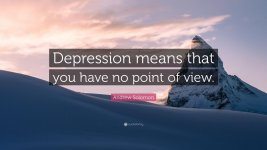"Stress has become an epidemic, and many times people simply need tools and strategies to make it through their long lists and the challenges they experience in the day to day--and also when they are hit with major blows such as loss, trauma and illness. I also love helping those I serve to build off their strengths--the mental health field has come a long way in recognizing that it's not just about diagnosing or looking at "what's wrong", but also looking at what is working well and how we can build off of that. We are much more resourceful and resilient than we usually realize.”
- Kristen Lee Costa, MSW, EdD
23 Mental Health Professionals Interviewed About Their Jobs
- Kristen Lee Costa, MSW, EdD
23 Mental Health Professionals Interviewed About Their Jobs



